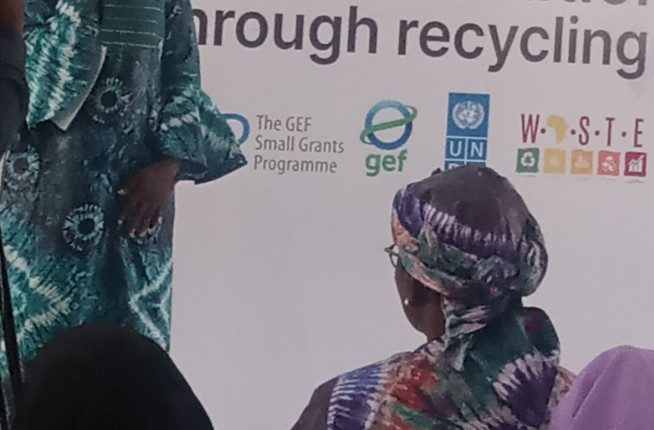Stakeholders advocate reduction of marine plastic pollution before 2050
CHIGOZIE AMADI
The Global Environment Facility (GEF) and the Initiative for the Advancement of Waste Management in Africa (Waste Africa) say there is need to reduce marine plastic pollution through recycling before 2050.
The stakeholders made call on Wednesday in Abuja at a project review session targeted at reducing marine plastic pollution in Usuman and Wupa River within Abuja through recycling.
According to them, such reduction will avert dangers of plastics on aquatic lives.
Mrs Ibironke Olubamise, National Coordinator, GEF, said that by 2050, there might be more plastics in the ocean than fishes if marine plastic pollution was not reduced.
“Everyone knows that plastic pollution has become a menace not only on the terrestrial but also on the marine environment as well,’’ she said.
She said that plastics were easily retrieved from the terrestrial but not easy to retrieve from the marine because of its peculiarity.
The coordinator expressed worry over aquatic lives in the oceans because they fed on the plastics thinking they were food.
She said that such plastics were dangerous to aquatic lives and humans who also consumed the fishes.
GEF is a UN Development Programme (UNDP) programme implemented in Nigeria to address environmental challenges.
On her part, Ms Juliet Odhikori, Programmes Director, Waste Africa, an NGO, regretted that the oceans might contain more plastics that fishes by 2050.
“Nigeria is one of the largest contributors to marine plastic pollution globally with over 80 per cent mismanaged plastic waste.’’
Odhikori said that marine pollution caused harms to both land and sea creatures.
She said the recycling project would establish 10 recycling clusters and two recycling hubs and empower no fewer than 500 women recyclers in 10 communities.
The programmes director listed the communities as Chika, Aleyita, Pyakasa, Piwoyi, Karonmajigi in Lugbe, Dagiri, Gwako, new Kutunku, Tunga-maje and Giri in Gwagwalada.
She said that the project would also provide sustained income to no fewer than 200 community members and empower 100 local waste pickers and five waste aggregators.
“We will recover and recycle 468 tonnes of waste by the end of the project and 80 per cent reduction in the volume of recyclable wastes littering drainage systems in the communities,” She said.
The District Head of Pyakasa in Lugbe Abuja, Gaza Stephen, commended the gesture and urged all the community dwellers to imbibe neatness in their domains.
Biliqis Ahmed, one of the beneficiaries of the Waste Africa training from Chika community, commended GEF for its support on marine plastic pollution reduction training.
According to her, the training has made her a better person in her community.





















